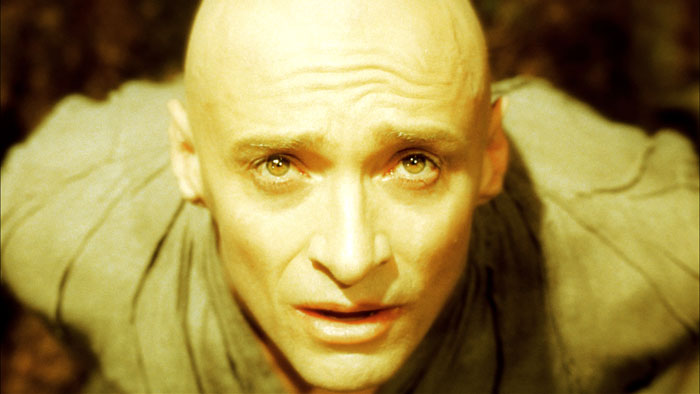
As we all know, some movies may look confusing or maybe even dull, but after you dig deeper or learn new things about it, read explanations or watch interviews with the crew or the actors, the movies can get better. Usually, these seemingly confusing movies acquire new perspective and can make you change your mind about them after you read different theories about them, or learn of their historical significance.
So here is a list of such movies that might potentially change your perspective of them or get yourself to like them more.
1. Swing Kids (Thomas Carter, 1993)
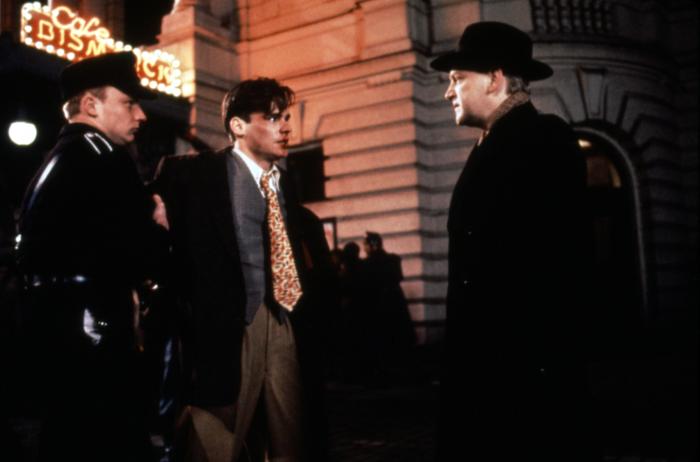
“Swing Kids” is a film about children growing up in Nazi Germany who love to listen to the (at the time) banned American jazz music, as each member of the group is forced to face tough choices about their lives. The first uncanny thing about this movie that could make you feel unpleasant is the fact that the plot is occurring in Hamburg, but the leading roles are played by Robert Sean Leonard, Christian Bale and Frank Whaley, who converse in English.
The main reason for making this movie is to show the lives of German people in Nazi Germany and how they felt about the activities forbidden by their government – in this case, jazz music. If you’re interested about the laws and rules regarding illegal things in totalitarian societies, this movie can give you a great perspective of the strict precautions that took over the lovers of the banned music.
The movie makes us mindful about the other victims of the war. The ones usually forgotten only because they were German. Even the unlikely ones, like the ones that only wanted to do the swing.
2. Clockers – Spike Lee (1995)
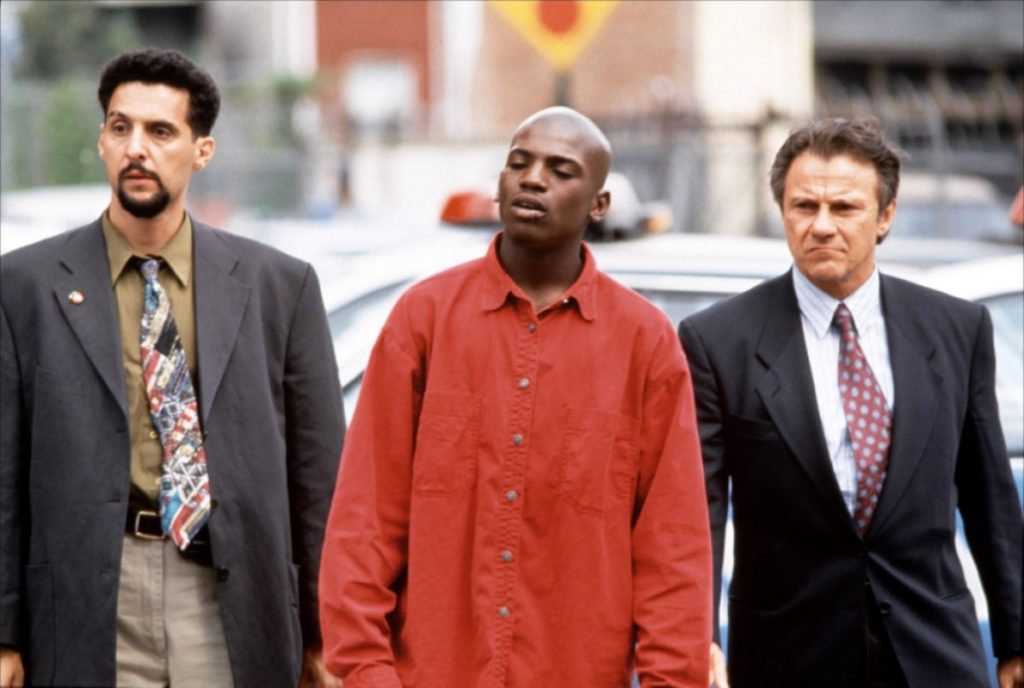
Spike Lee is famous for showing us the (often times hard) life of black people in the U.S., so “Clockers,” produced by Spike Lee, Martin Scorsese, Jon Kilik, and adapted from the novel with the same name by Richard Price, tells us the story about young drug pusher Strike (Mekhi Phifer) under the tutelage of drug lord Rodney Little (Delroy Lindo), the problems they have with the detectives, and how most of the time all fingers are pointed to the local dealers, even in situations connected with other crimes not involving drugs.
This movie is on the list because of the realness that happens to the young black people in New York, and their lives in “the projects.” The projects are public housing in the United States built to provide subsidized rental assistance for low-income households. There are households throughout the U.S., but this movie specifically shows a story happening in a Brooklyn housing project.
Lee shows us the hard life they have to go through, the stress they have to survive, and the reason they have to do all these things. In the end, everything is justified regarding social problems. So if you’re interested in the lives of other young people around the world, “Clockers” is a great beginning by showing you the side of the young poor people in New York.
3. Holy Motors (Leos Carax, 2012)
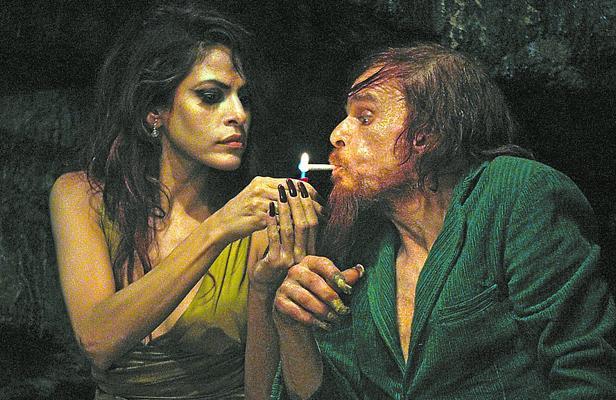
“Holy Motors” is a 2012 film by Leos Carax that most of the time makes no sense. The plot follows 24 hours in the life of a human being played by Denis Lavant, just moving from place to place and experiencing different forms of life, while changing the essence of the human being in the back of a limousine.
What makes this movie interesting if you go deeper is the fact that it doesn’t have a specific plot or narration. You can understand the movie however you want. You can make your own theories or read someone else’s while it still stays open for discussion.
By the end of the film, you don’t even know which character you believed is real at the beginning. But the good thing that keeps you watching the film until the end is the great aesthetics. So as you go deeper in trying to understand this movie, you can devise a lot of different theories that can expand your way of thinking in life.
4. All the President’s Men (Alan J. Pakula, 1976)
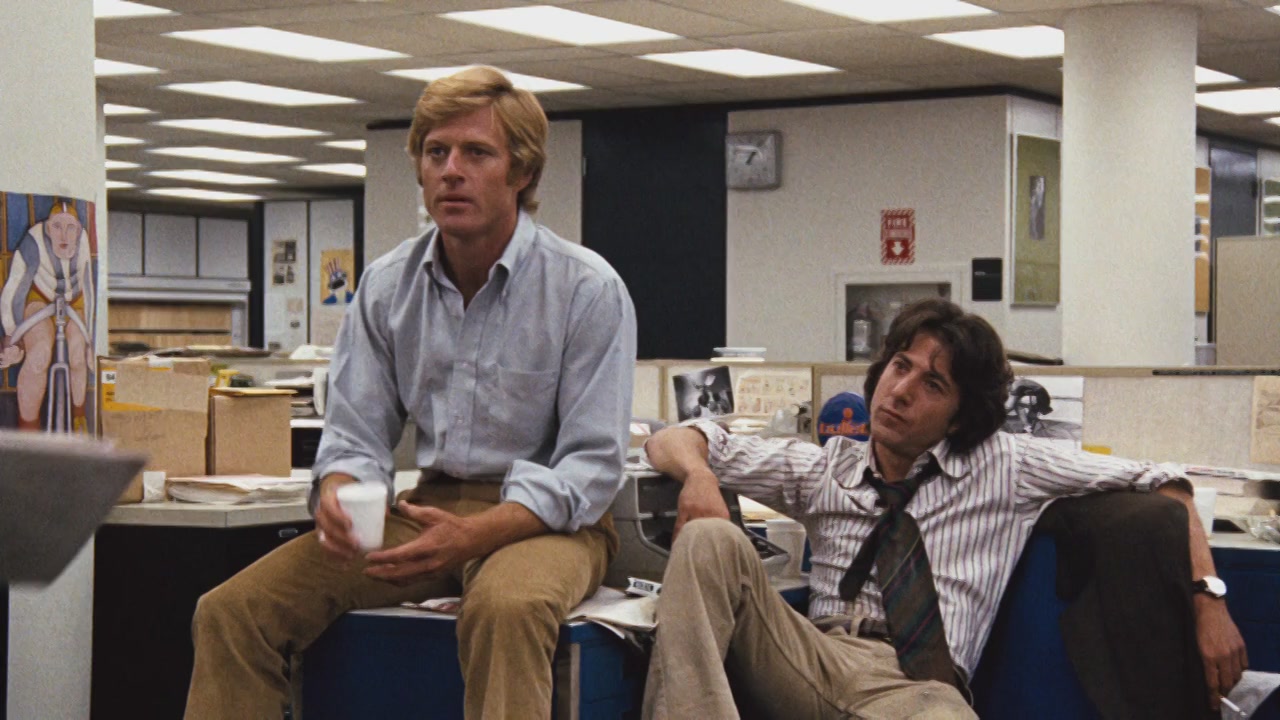
This political thriller is based on a true story about the Watergate scandal, which brought down the presidency of Richard Nixon. This film tells the story of two Washington Post reporters Bob Woodward (Robert Redford) and Carl Bernstein (Dustin Hoffman) who investigate the case of the Democratic Party National Headquarters, which later turned out had almost everyone from the Republican fund organizers involved.
What makes this story engaging, despite the fact that it narrates a political scandal, is the essay of the postmodern philosopher Jean Baudrillard in his 1981 book “Simulacra,” which he explains from a postmodernist view and sees the case as a simulation of the U.S. government just to draw in people’s attention. In this case, the main culprits are the reporters who persistently dig deeper inside just to “open the eyes of the people” while actually, no one cares because it is a scandal that is going on inside the government.
According to Baudrillard, the entire government is a simulation, something that resembles little kids playing games; meanwhile, the ordinary people don’t want to have anything to do with that, they just want to live their normal lives. Therefore, this film shows the process of how deep the founders of the different simulacrum can get you in their story.
5. High-Rise (Ben Wheatley, 2015)
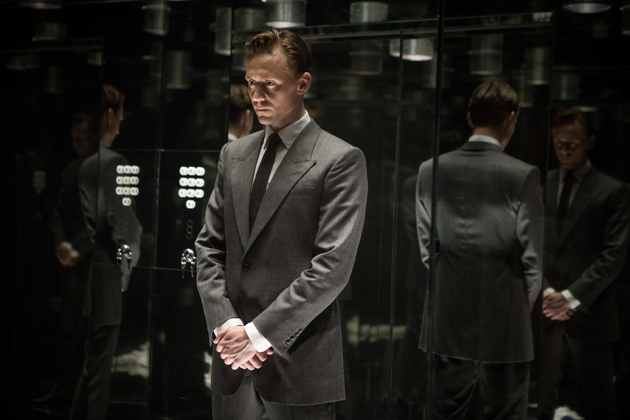
“High-Rise” is a 2015 drama directed by Ben Wheatley and based on a novel by J.G Ballard with the same name. The story occurs in a ravaged tower block that is built to have all the needs of a society in it. The block is built in a brutalist style that gives the impression of coldness.
On top of the building lives the architect with his wife where they have a beautiful garden and it’s the only green surface in the whole area. Going down the levels, you can notice that people get poorer, which shows some kind of hierarchy in this society.
Despite the great aesthetics and great actors in the movie including Tom Hiddleston, Sienna Miller, and Jeremy Irons, you can also feel the sickness that society can put you in. The society arranged that way leaves the great impression that everyone looks happy and satisfied, but later that illusion falls into total chaos, which is started by the people of the lower class. And by the end all of that just collapses, as it would usually happen with any given form of ruling a country.